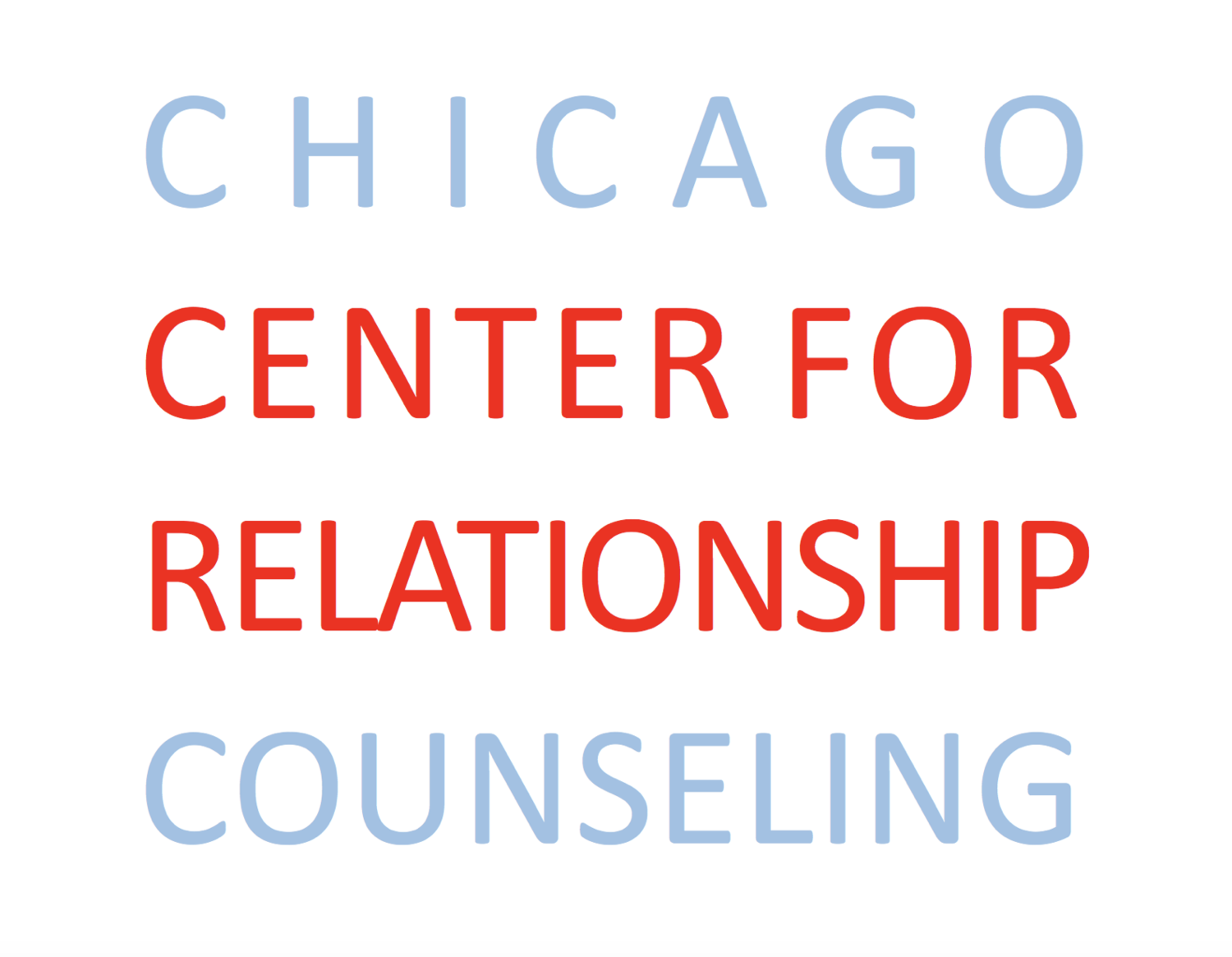Our bones want to hold up our bodies. Our lungs want to draw oxygen out of the air and connect it to our blood. Our hearts want to pump non-stop and push the oxygen through our circulatory system. We don’t have to think about any of this, but our bodies want to do this.
Last week we had the pleasure of having Tovah Means come and do a clinical consultation with us. Tovah is a trauma specialist and she’s been influenced by some of the greats, like Judith Herman, and Bessel Van der Kolk. She presented her ideas about how trauma works in the mind and body and she laid out some of these exciting foundational ideas.
There is a lot happening in us that doesn’t require our “thinking” brain. But, our body, and all its functions that are not connected to thought, does have memory. It’s called implicit memory. Our muscles remember. Our guts remember. Our heart remembers. This is where things get interesting.
Our “thinking” brain also remembers. This is called explicit memory. These memories have images and narratives. They’re filled with emotion, good and bad.
What happens when we experience something powerful and unusual, something traumatic? How do we take in the experience and store it in our “mind”?
I like the idea of our “mind” being different from our “brain”. Our “brain” houses a lot of our “mind”, but not all of it. Our “brain” is also responsible for a lot of stuff that doesn’t come directly into our “mind” unless we make a conscious effort to let it in. For example, in some mindfulness practices you focus all of your “mind’s” attention on your breathing. You just notice your diaphragm drawing air into your lungs. You don’t make it happen, you just sit and notice it. This isn’t something that your “mind” does easily without practice. Mindfulness allows you to strengthen the connections between your mind and your body; your brain, your diaphragm, your lungs, your heart.
Back to the question of how we deal with the powerful and unusual experience. Our bodies store the information in implicit memory, and our mind stores it in explicit memory. Some of the memory has language and images and emotions connected to it, and some of it has physical feelings attached to it.
This makes me think of parts, again. Some of the parts that I’ve worked with in myself and others over the years don’t have too much in the way of language. They are more implicit. Other parts have long, vivid stories to tell. They are explicit.
The goal in working with trauma then, is to help the implicit memories that are stuck gain some kind of voice in our mind. We try to help people understand their implicit experiences with acceptance, curiosity, caring and courage. This draws them more into the explicit realm. It lets us put a story to the pain, anxiety, terror, loneliness, and shame. Helping to create a space for all these parts, all these experiences within ourselves is the goal.


